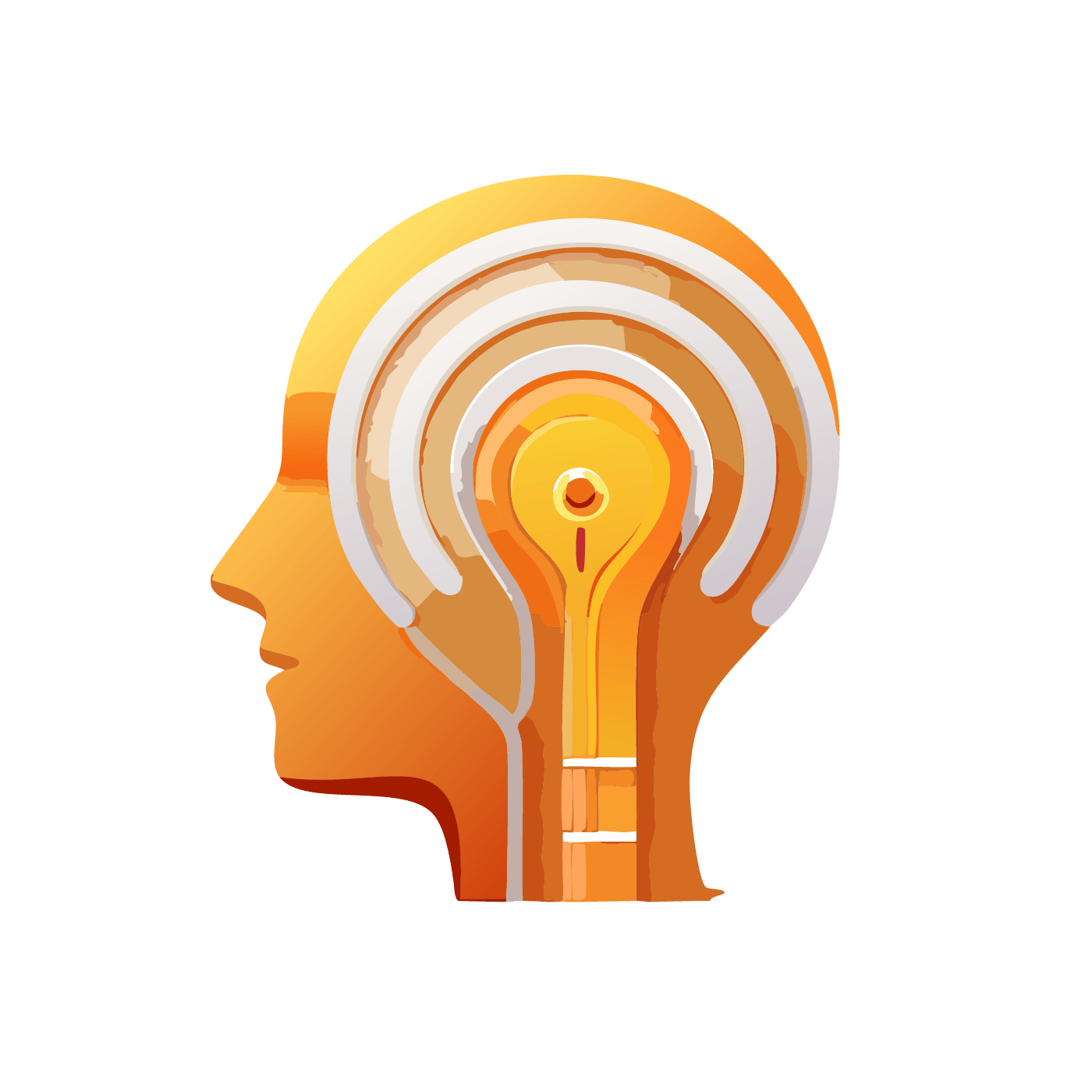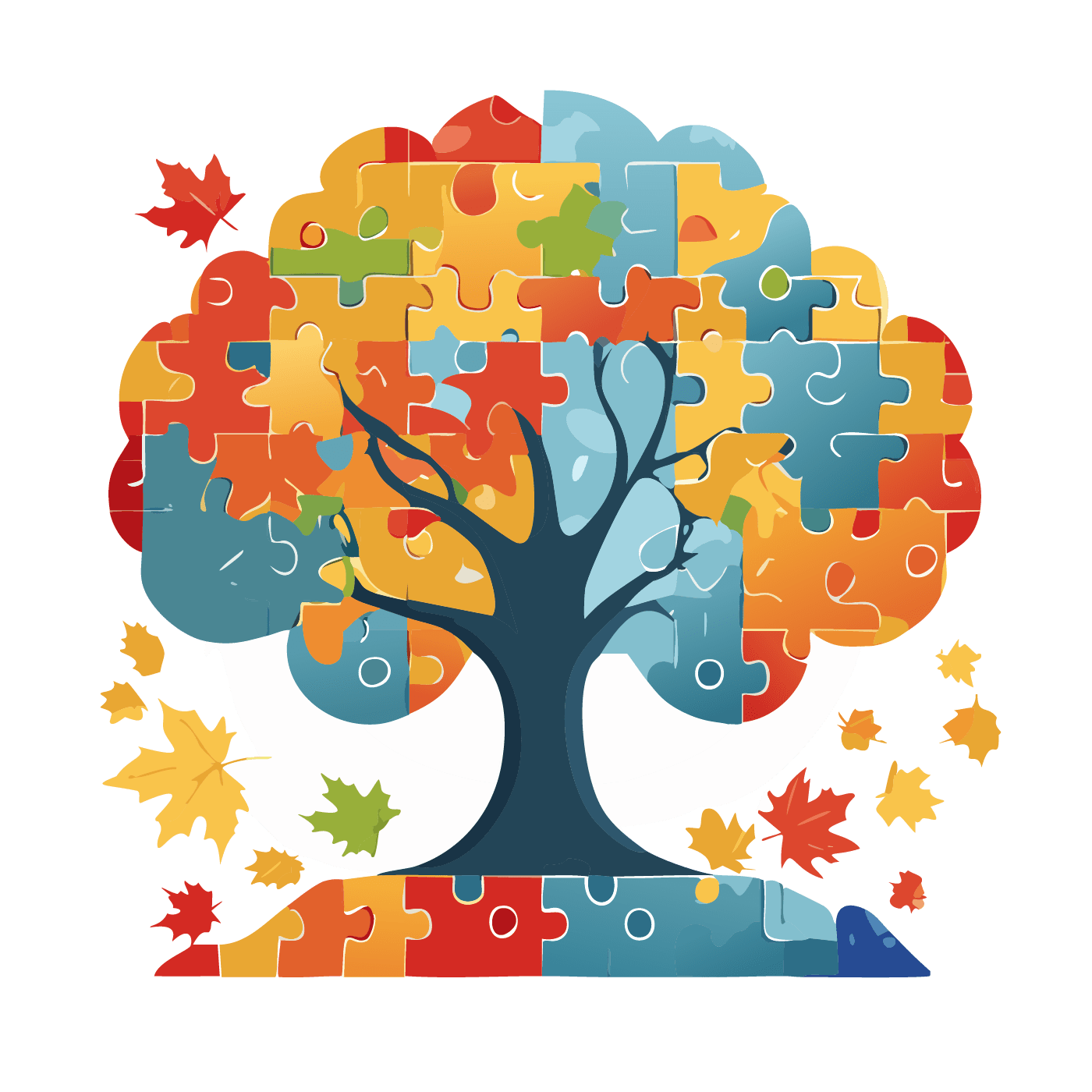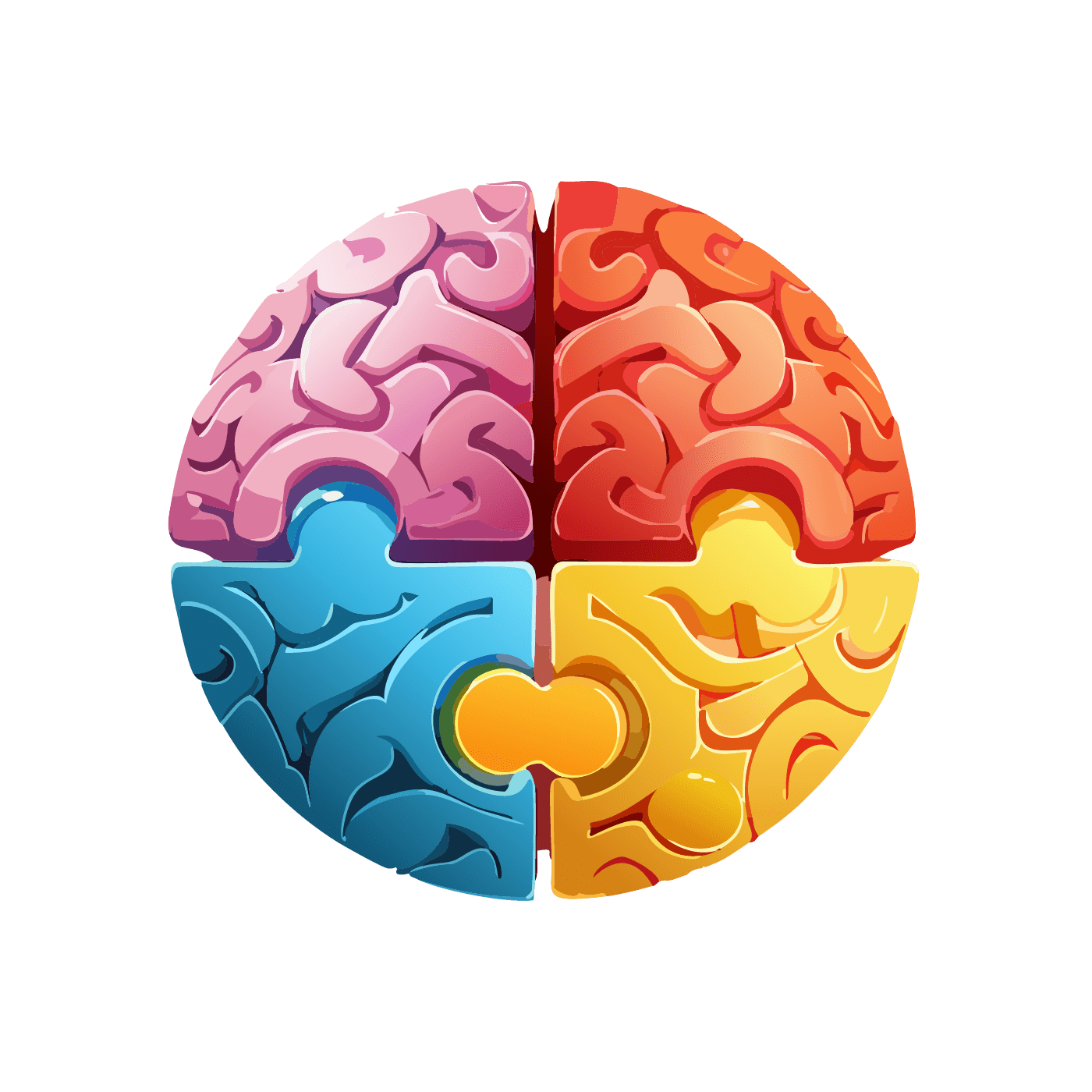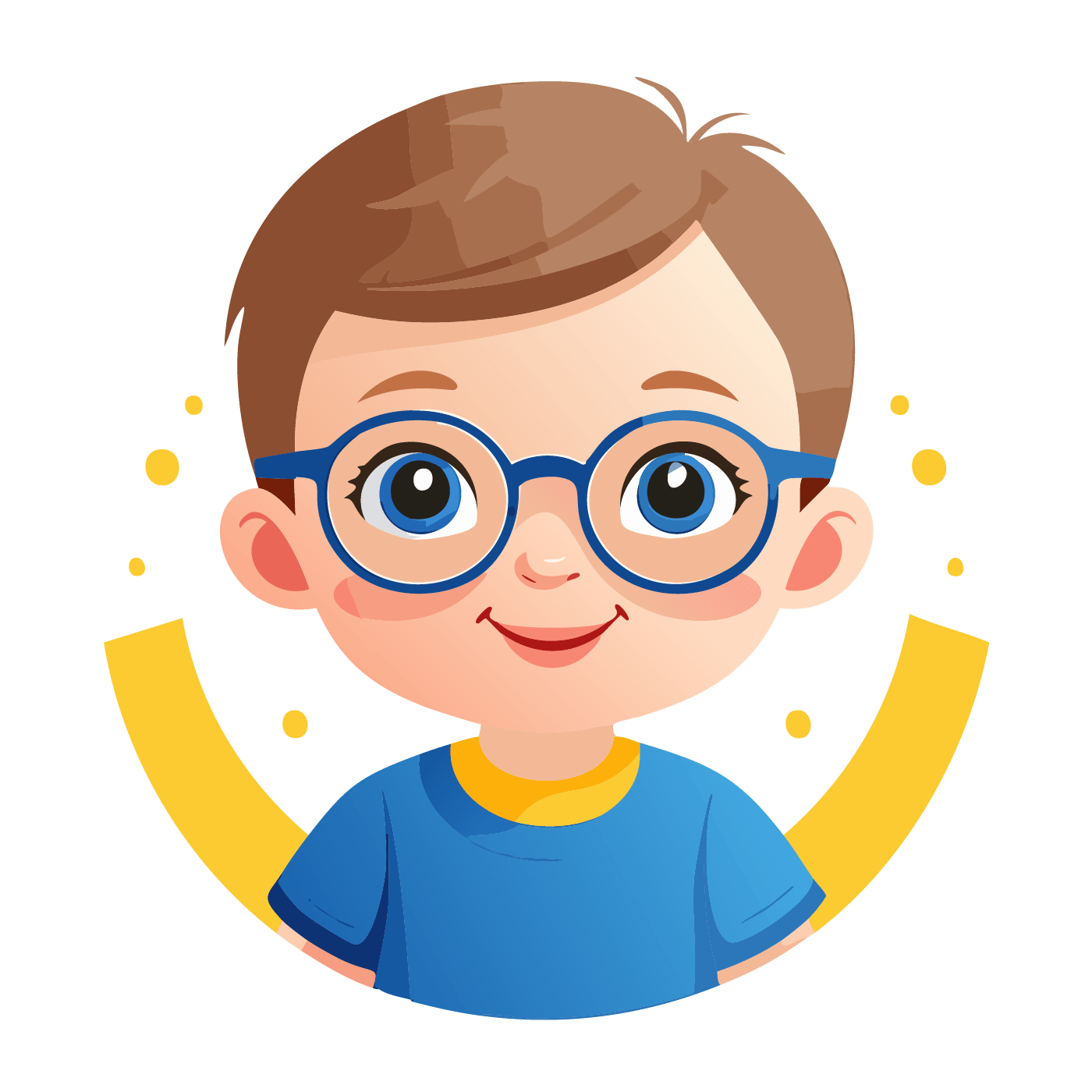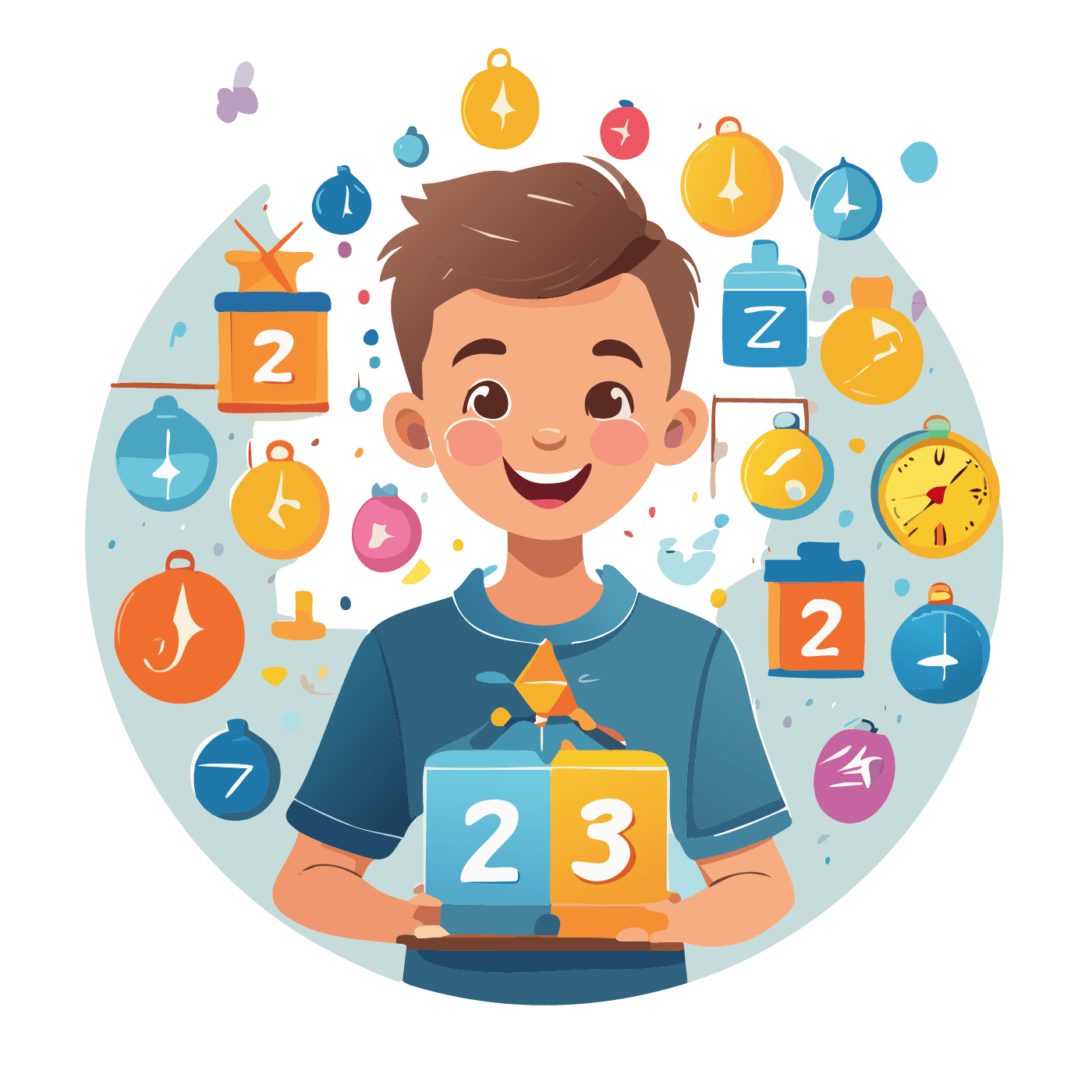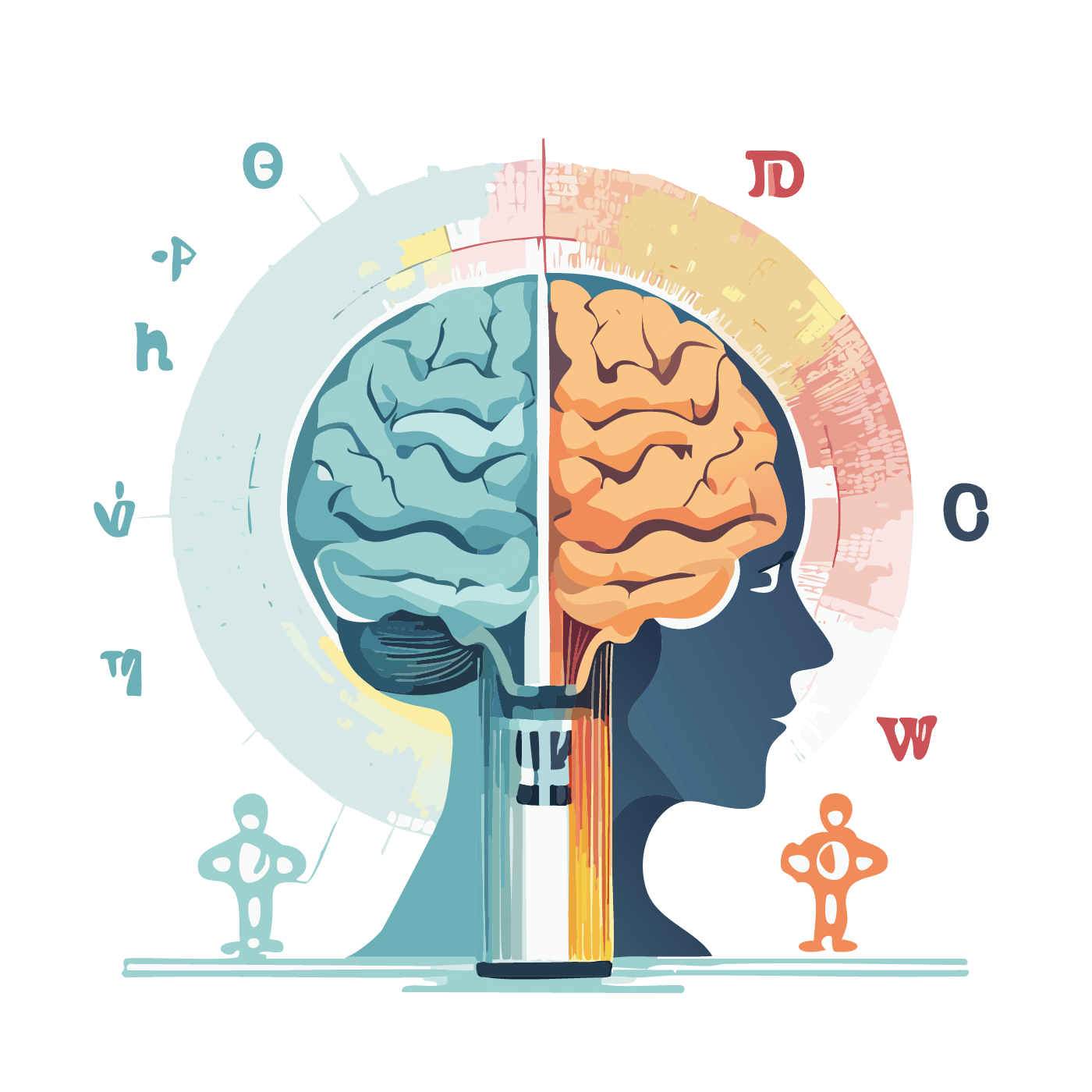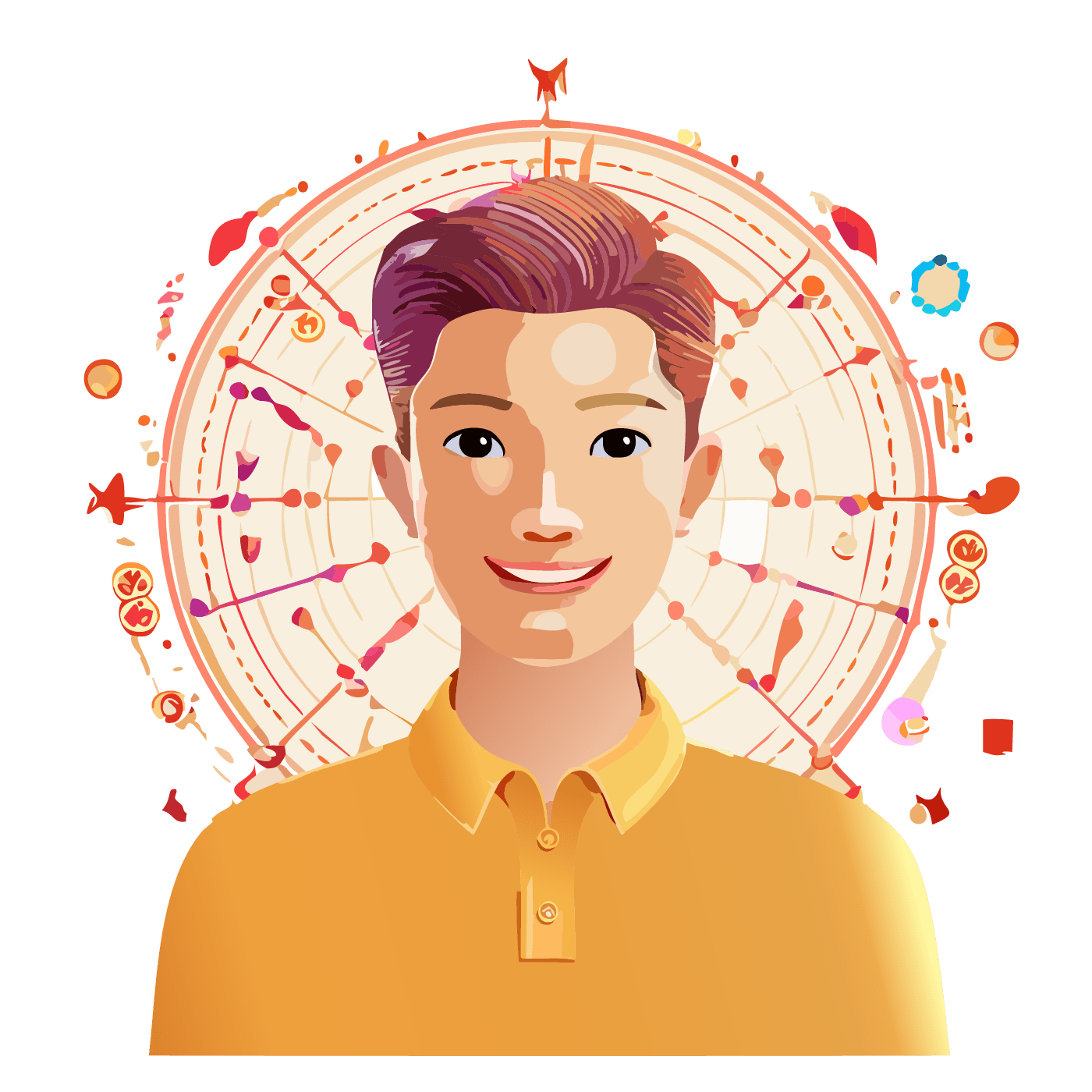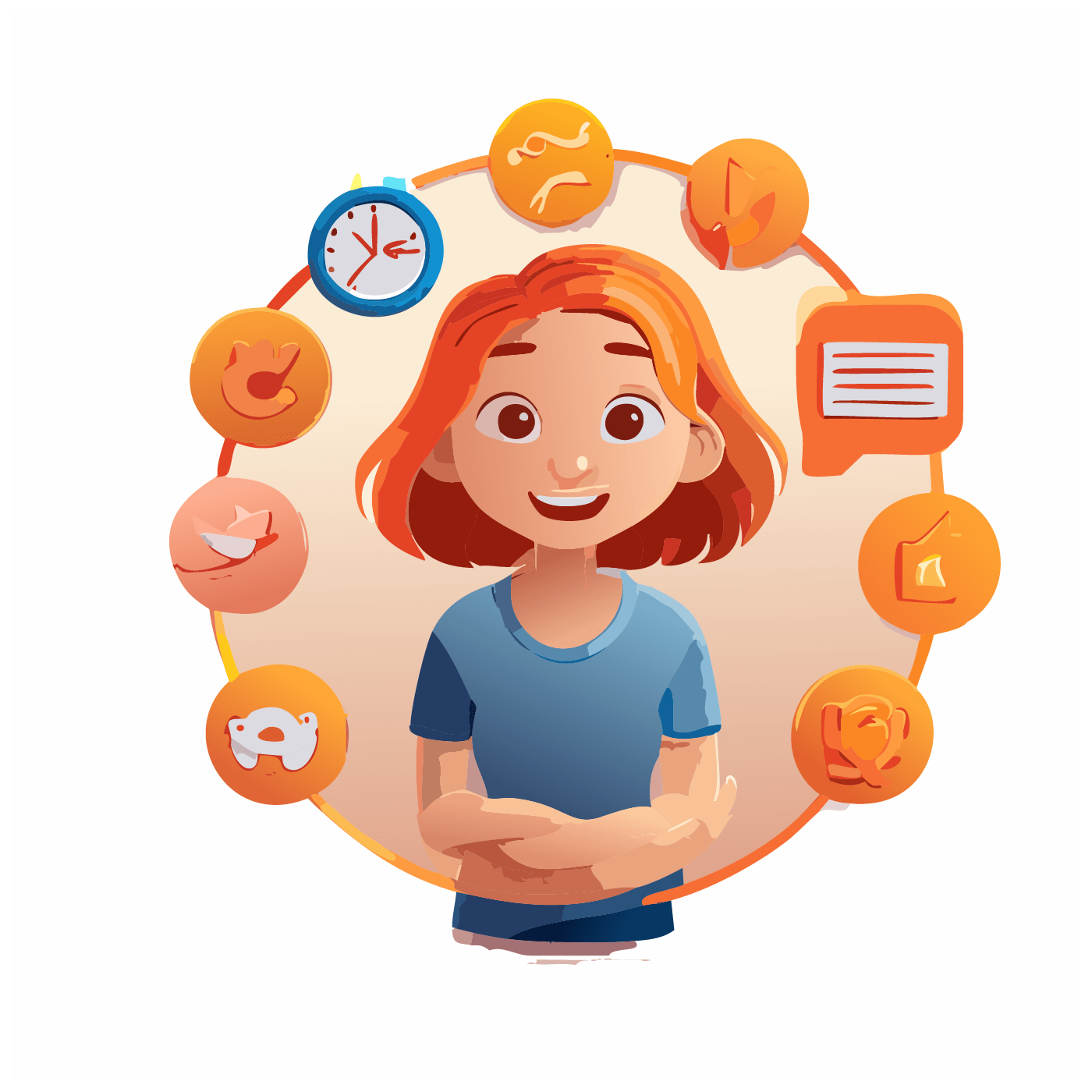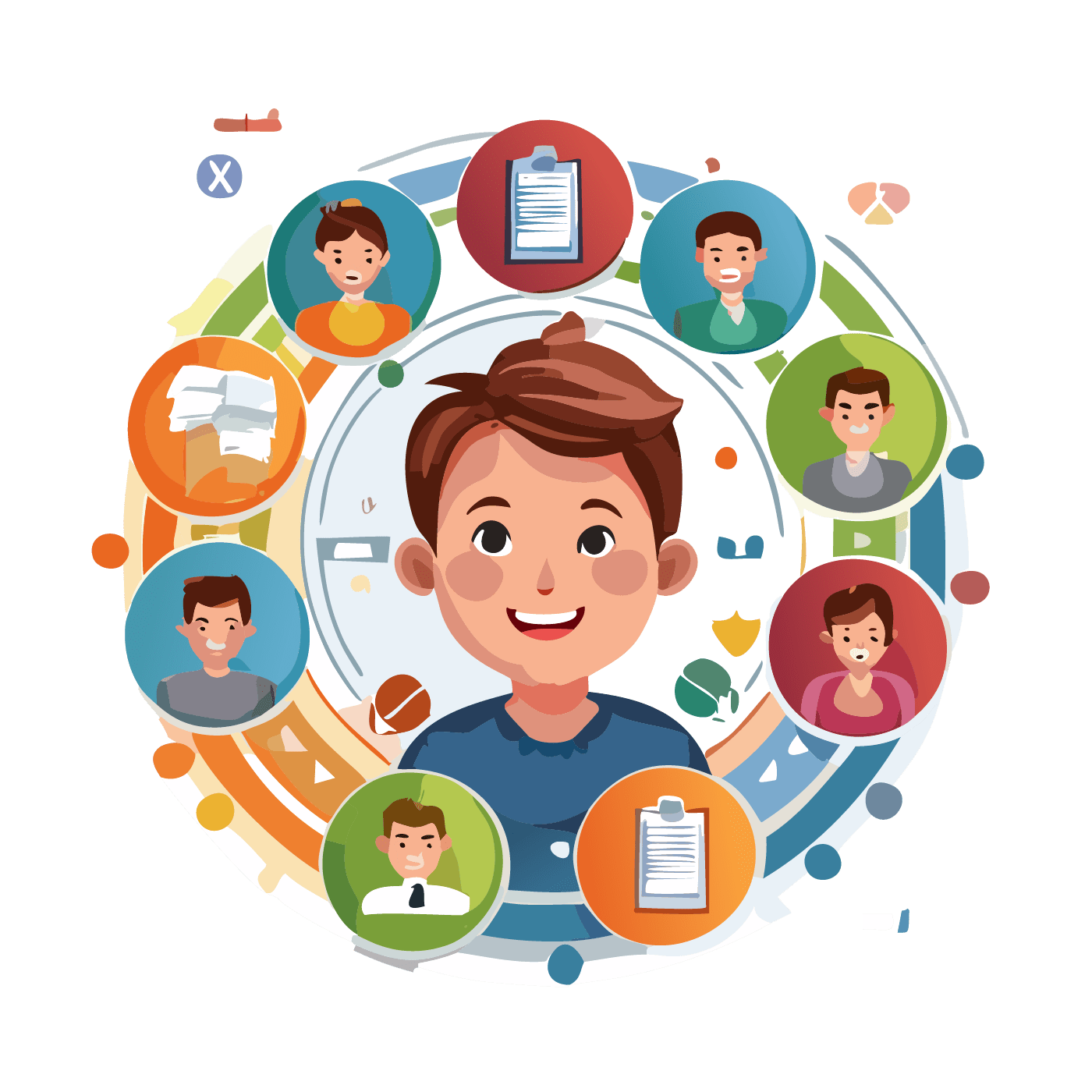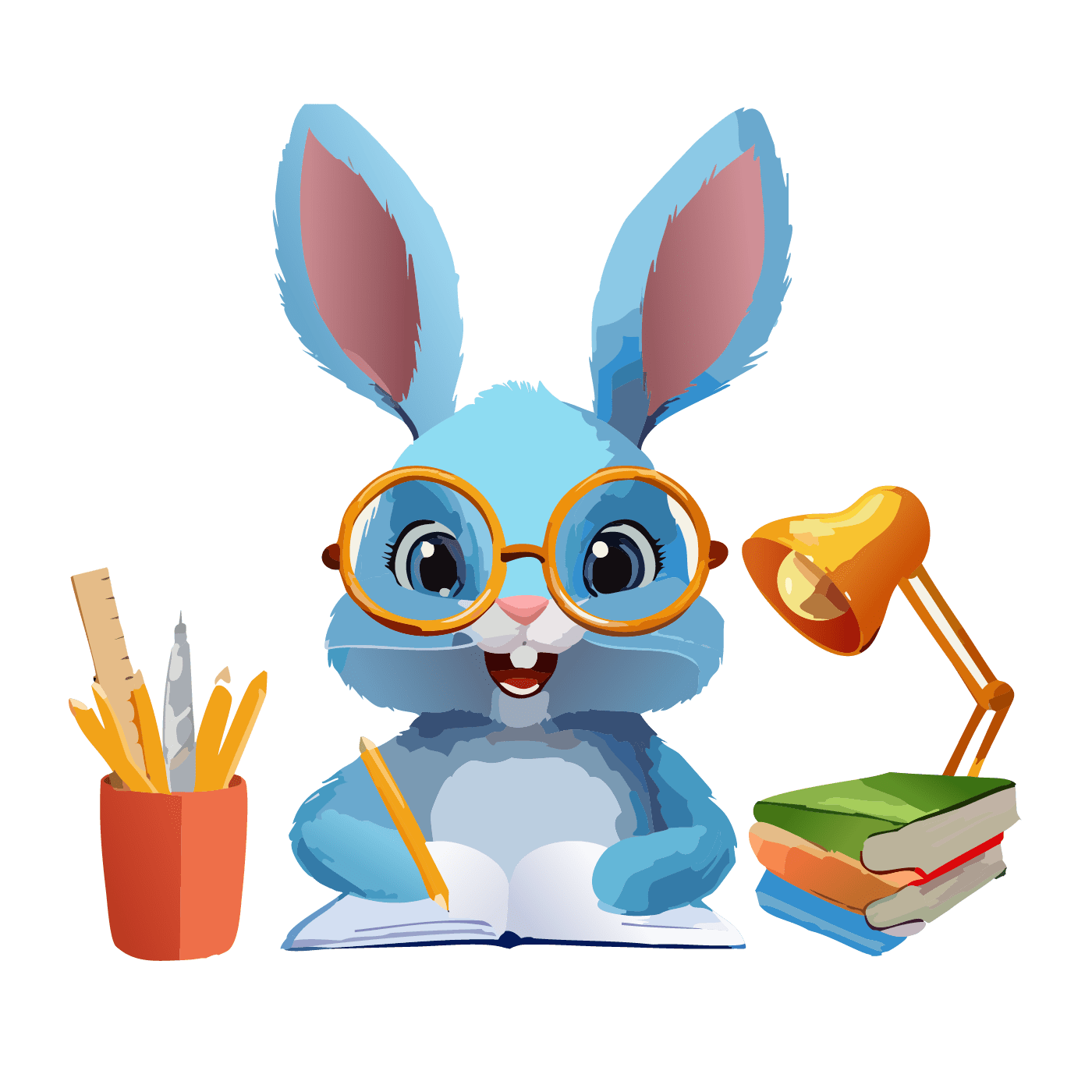Learning Disabilities and Challenges
Homeschooled students with learning disabilities may face challenges such as difficulty focusing, processing information, or keeping pace with traditional curricula. Tailored instruction, flexible pacing, and specialized resources can help meet their unique learning needs and foster academic growth.

Research Your Local Laws
First, understand your state’s homeschooling laws and regulations. Some states require you to notify the school district. Others may have specific curriculum or testing requirements.
Successfully Homeschooling with Children with Special Needs
Homeschooling children with learning disabilities, such as ADHD, Sensory Processing Disorder (SPD), autism, or other learning differences, requires a tailored approach that supports their unique needs while leveraging the flexibility of a home environment. By tailoring your homeschooling approach and incorporating supportive resources, you can create a positive and productive learning environment for children with learning disabilities.
Here are some general strategies for successfully homeschooling your children.
Learning Challenges
TouchChat
TouchChat is a full-featured Augmentative and Alternative Communication (AAC) solution for individuals who have difficulty using their natural voice. It gives an...
TouchMath
TouchMath is an explicit, multisensory math program for students who struggle with foundational math and abstract concepts from preschool through transition. Addressing...
Who Was ?
Welcome to the best place (Who Was? Series) to discover all the fascinating stories and amazing facts about trailblazers, legends, places, and events. Who HQ For You is a...


